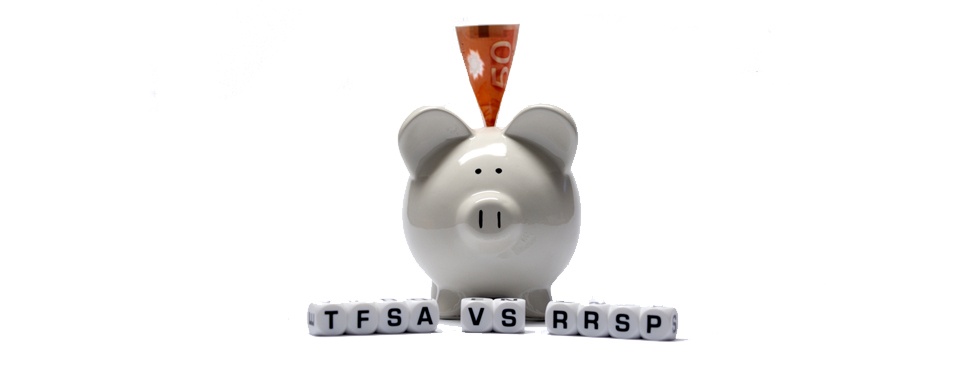Do you wonder what is the best way to save Ð in a RRSP or TFSA?
What makes the most sense from a Financial Tax Planning BC perspective? What about easy access to the funds if you need to cover an unexpected cash requirement?
When you deposit funds in your RRSP you are able to deduct the amount from your taxable income. You save money on your income tax bill that year, based on your top marginal income tax rate (MTR). Marginal tax rates can range from 20% to 50%, depending on your province of residence. When you take funds out of your RRSP you pay income tax at your marginal tax rate for the year of the withdrawal.
RRSP contributions use up RRSP contribution room. When you take money out of your RRSP you do not create more room.
How does this compare to a TFSA?
After tax dollars are contributed to a TFSA. Funds invested grow tax free. Funds withdrawn are not taxable, and create more room for further TFSA deposits.

What about types of investments in each?
Basically, you can invest in the same types of investments in either a RRSP or TFSA. For example you could have savings accounts, guaranteed investments, stocks, bonds or pooled or mutual funds. The type of investments that qualify for RRSPs are the same as those that you can invest in with your TFSA.
What is the bottom line?
If we presume both are long term investments that you expect you wonÕt need to access in the medium term, then to the extent your marginal income tax rate is currently over 30% and you expect your marginal tax rate to be lower when you make your withdrawals, it makes sense to use a RRSP.
If you are at the 30% marginal tax rate it doesnÕt make a lot of difference if you use a TFSA or RRSP, as long as you expect your top tax rate not to exceed 30%.
If your MTR is greater than 30%, it makes sense to use a RRSP.
If your MTR is 30% or lower, use the TFSA.
Other considerations?
Do you have an emergency fund? Or a line of credit you can access for emergencies?
Are you relying on your investment account for unforeseen expenses? If so, consider the TFSA.
Are you sure you wonÕt need to access the account until much later when you have less income and a lower tax rate? Then, use a RRSP.
Article Source :- https://lornaeastmanfinancial.com/tfsa-vs-rrsp/